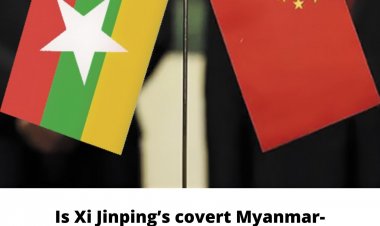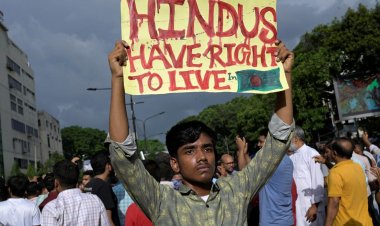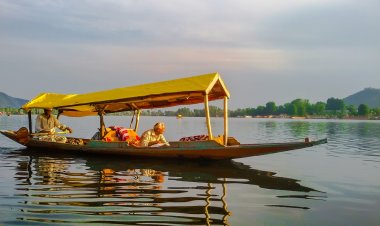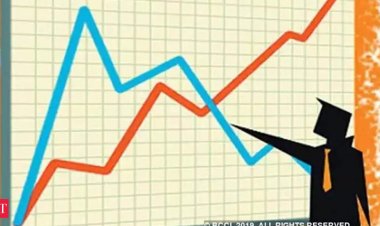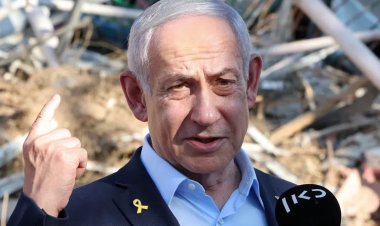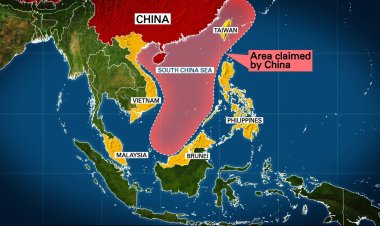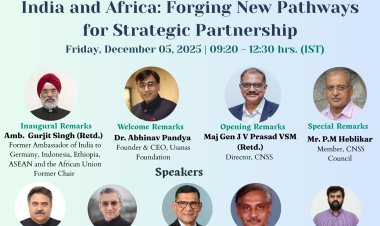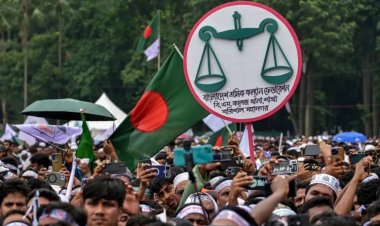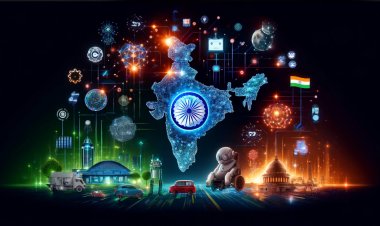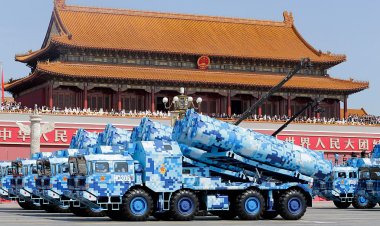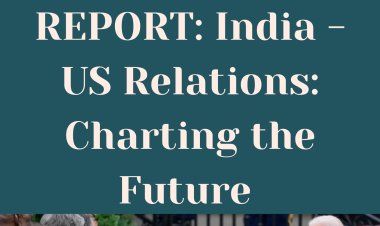Cultural Diplomacy: A Conduit for Dialogue
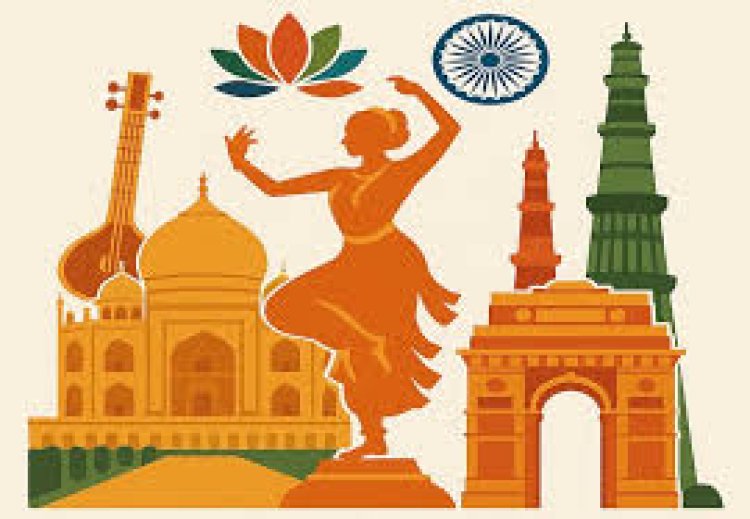
Analysis
By Angana Guha Roy
UNESCO’s global conference on Cultural Policies and Sustainable Development, MONDIACULT (UNESCO, 2025), represented by cultural actors, partners and leaders from all over the world, was held from 29 September to 1 October 2025 in Barcelona, Spain. It was aimed at shaping and committing to a global agenda for culture. The gathering discussed trends, challenges and opportunities in the cultural sector and the progress made since the last edition in 2022, which recognized culture as a “global public good”.
Following the discussion event, UNESCO launched a Global Report on Cultural policies assessing the impact of culture across all dimensions of development. One of the main agreements reached by the Ministers for Culture at MONDIACULT 2025 (La Moncloa,2025) was to promote culture as a human right and to advance the promotion of culture as an independent Goal in its own right within the framework of the UN's post-2030 Agenda for Sustainable Development.
MONDIACULT’s (UNESCO, 2025) emphasis on culture as an enabler and driver of sustainable development is extremely significant amidst growing economic fragmentation and protectionism around the world. In the wake of a measurable increase in geopolitical risks, economic nationalism, trade fragmentation, and technological competition, culture is emerging as an important vertical with salient geopolitical relevance. To be precise, cultural dialogue is an important soft power tool in the domain of foreign policy.
Culture plays an important role in shaping international relations and foreign policy. Countries tend to leverage culture to project soft power. Experts like Joseph Nye, Milton Cummings have proposed a definition of cultural diplomacy that involves “exchange of ideas, information, art, language and other aspects of culture. Forms of culture diplomacy have existed for centuries, with explorers, travellers, traders, teachers and artists being early “cultural diplomats”.
Cultural diplomacy is harnessed by countries to promote their cultural distinctiveness. India's collectivist culture emphasize group harmony, interdependence, and social obligations over individual autonomy. In contrast, individualistic cultures, like those in much of the West, emphasize personal autonomy and universal rights, often advocating for absolute freedoms, such as unrestricted expression or privacy, as non-negotiable.
Inter-cultural dialogue is an important part of cultural diplomacy and must be encouraged globally. Diversity and dialogue being an important part of Indian Civilization, have always welcomed the process of open, respectful, and constructive communication between individuals or groups from different cultural backgrounds. There are countless references to diversity and plural visions in leading ancient Indian (Sanskrit) texts such as the Vedas and Upanishads. It includes the sharing of ideas and differences with the intent of developing a deeper understanding of different perspectives and practices. In fact, a deeper dive into Hinduism, a prominent pluralistic philosophical tradition prevalent in the Indian subcontinent, reveals the common practice of discussing issues of human rights, democracy, and governance intertwined with concepts like dharma (duty, righteousness), ahimsa (non-violence), karma (action and consequence), and moksha (liberation). Of course, there is a greater legislative framework to regulate the issues of governance, but discussing broader concepts of natural rights in the domain of culture opens informal and relaxed spaces of dialogue and discussion at the grassroots level.
As an important value addition, digital technologies are transforming modes of cultural diplomacy involving a larger scale of audiences while disseminating information. “Network cultural diplomacy” is a term evolving around the practice of applying digital technologies in cultural diplomacy.
To the global advantage, social media handles, virtual interaction platforms have enabled instant connectivity. Initiatives like Erasmus+ Virtual Exchange connect students across continents, support collaborative learning via Zoom or Moodle.AI Translation Tools like DeepL or Microsoft Translator enable real-time multilingual conversations, supporting dialogue in settings like online classrooms or international conferences. Google Arts & Culture has partnered with museums offering virtual tours, making cultural artefacts accessible to global audiences.
While Network Cultural Diplomacy is a value addition, it also risks being a huge disadvantage when it comes to misinformation. Social media and digital platforms amplify cultural narratives in foreign policy by shaping public perceptions, influencing diplomatic strategies, and enabling direct cross-cultural communication.
In the face of homogenization of a globalised culture, cultural diplomacy serves as a way of enhancing a country’s national and local cultural assets and promoting cultural diversity. Better channels of interaction also enabled monetization of the cultural sector by promoting local cultural assets and creative industries of a country to support decent jobs and to highlight their economic leadership.
From the point of view of India, films, yoga, and cuisines have played a very important role in profiling India’s soft power stakes. Events like Mahakumbh (Utsav,2025) have consistently garnered attention and a crowd of international audiences. The sagacity of cultural diplomacy pursued by the nation states beyond the instrumentalities, culture as a soft power tool, transcends political and ideological differences and helps influence global perceptions, shaping a country’s stakeholdership without involving hard power assets.
Disclaimer: This paper is the author’s individual scholastic contribution and does not necessarily reflect the organisation’s viewpoint.

